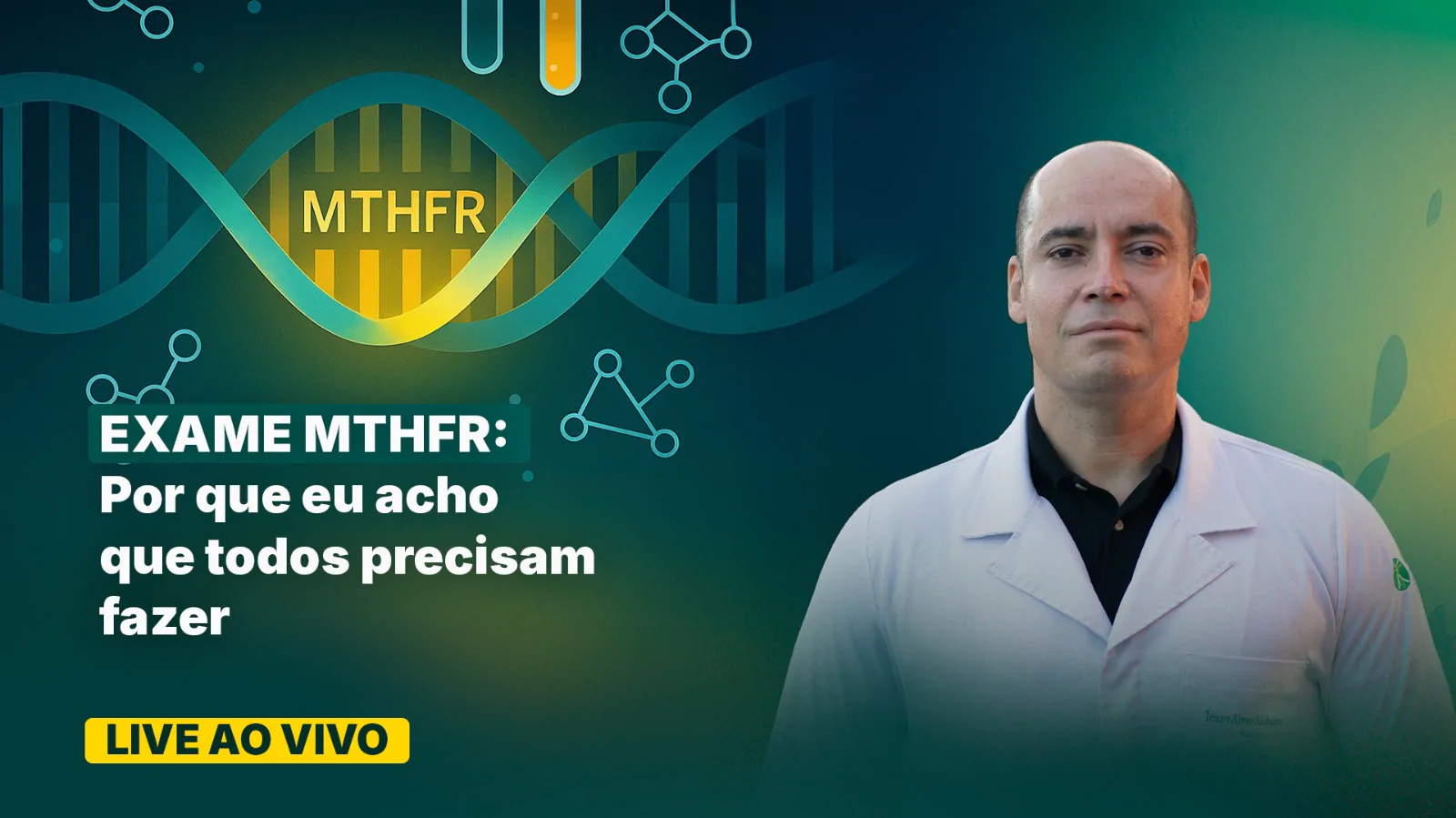WEIGHT LOSS - SHARE!
Simple and useful tips to make it effective
(Despite the fact that many of them are not valued or followed with due importance.)
1 - Have the best possible lifestyle habits
Mainly: water, quality food, physical exercise, breathing, sleep and better stress management/reduction.
Understand and learn how to adopt them here: https://icaro.med.br/15habitos/
Every bad lifestyle habit you maintain attacks your body - and an attacked body becomes inflamed. An inflamed body tends to retain fluids and accumulate fat.
2 - Breathe properly (a healthy lifestyle habit)
If more than 80% of your fat is converted into carbon dioxide and leaves your body via the air exhaled through your lungs - that's right, according to the latest studies! -, you need good oxygen intake e good breathing to lose weight effectively.
How to breathe well: https://icaro.med.br/respiracao/
3 - Water: drink it right (a healthy lifestyle habit)
If about 20% of metabolized fat leaves your body through water - mainly through urine and perspiration - it is essential that the body has adequate means to eliminate it efficiently.
Find out more at: https://icaro.med.br/agua/
4 - Exercise regularly
a) Minimum: never go more than 48 hours without exercising.
b) Do strength training at least once a week.
c) Stay active every day: avoid sitting for more than an hour continuously (and try to sit for as few hours as possible throughout the day).
To exercise well, The ideal is to have good regular monitoring by a physical education professional - competent, attentive, up-to-date and well-integrated into a multidisciplinary team (working together with your doctor, nutritionist and other health professionals).
Run away from professionals who “know it all” or who claim to only what they do/say works. O teamwork, focused on the particularities of your organism, is always safer and more effective.
⚠️ Attention:
- Special exercise routines - especially those that are more intense or out of the ordinary - should be started or intensified gradually e always under competent supervision, to avoid injury.
- Getting out of a sedentary lifestyle? A good medical assessment may be necessary before you start exercising.
More on exercise at: https://icaro.med.br/exercicios/
5 - Reduce carbohydrates in your life
Mainly: sugar, foods high in fructose, full of additives and, of course, excesses.
More and more studies show that human beings you need a lot less carbohydrates than we've been led to believe over the last 30 years - mainly due to the influence of a large part of the food industry.
Where are the “bad” carbohydrates?
(Although all excess carbohydrates, wherever they come from, are harmful)
Mainly in: sugar, flour, sweets, pasta, bread, cakes, cookies, potatoes and white rice.
Any carbohydrate that is “left over” in your body tends to be converted into triglycerides and stored in fatty tissue.
⚠️ What about fasting?
Many studies mention the fasting as a strategy to aid health recovery and weight loss.
In fact, they can help, but only in people who adopt and maintain good lifestyle habits and reduce carbohydrates in their regular diet.
Otherwise, fasting can cause unpleasant symptoms and lead to significant loss of lean mass (muscles, bones, among others).
To eat well, The ideal is to have regular nutritional monitoring, with a professional competent, attentive, up-to-date and integrated into a multidisciplinary team (working with your doctor, physical education professional and other health professionals who are monitoring your case).
Avoid professionals who claim that “only what they do/say works”.
The individualization of the diet plan is essential so that your body's needs are respected.
6 - Eat real food
(as much as possible for you)
a) Avoid excess.
b) Choose organic food.
c) Avoid processed foods.
d) Avoid trans fats.
e) Avoid vegetable oils such as soya, corn, canola and sunflower.
f) Avoid foods that cause intolerances or allergies - such as milk (especially processed milk and its derivatives) and gluten (present in wheat and its derivatives), which are among the main ingredients involved in this type of organic reaction.
g) Avoid food stored in plastic containers - they can contaminate the food with toxic substances.
Remember: the more chemical substances foreign to the body a food contains, the greater the chance of them poisoning, attacking or inflaming your body, and impairs hormonal balance. And this contributes to weight gain and fluid retention.
Remembering:
To eat well, the ideal is to have regular nutritional monitoring, with a professional competent, attentive, up-to-date and integrated into a multidisciplinary team (working together with your doctor, physical education professional and other health professionals who are monitoring your case).
Avoid professionals who show arrogance or claim that “only what they do/say works”.
Each organism is unique and its diet must be personalized.
More on healthy eating: https://icaro.med.br/alimentacao/
7 - Check your hormones
If you have weight problems despite good lifestyle habits (which is rare), have “unexplained” fat gain or have been underweight for some time, there's a good chance there are hormonal disturbances making it difficult for you to lose weight.
Other people at greater risk of having hormonal disturbances hindering the process are those with:
a) Poor lifestyle habits (hormones are only produced and/or function properly in those with good lifestyle habits - especially water intake, proper nutrition, quality sleep and regular exercise)
b) Prolonged stress or anxiety
c) Untreated chronic diseases or symptoms
d) Chronic use of medication - including contraceptives and non-bioidentical hormones in general
e) decompensated or symptomatic andropause (in men) and menopause-climacteric (in women)
Hormones are just “messengers” that communicate to each part of the body, to each cell, what should be produced and how it should work. This is why hormonal disorders affect both body and mind: the cells no longer know how to act correctly, and this directly affects the metabolism.
Anything that impairs metabolism encourages the accumulation of fat.
Learn more about metabolism here: https://icaro.med.br/metabolismo-ruim-consideracoes/
Remember: a good hormone check no contemplates only one or other hormone (as is unfortunately common, with the evaluation restricted to the thyroid). You are not a “walking thyroid”!
The body has dozens of hormones, which interact with each other and with various systems.
Therefore, evaluating or replacing just one of them in isolation can be ineffective or even dangerous, as it ignores the overall context and can generate undesirable effects.
- The concept of hormones also includes neurotransmitters (chemical messengers with a more marked effect on the nervous system), such as serotonin, GABA, noradrenaline, dopamine, among others.
** Learn more about hormones here: https://icaro.med.br/?s=hormonios+bioidenticos+duvidas
*** Many cases of hormonal deficiencies can be corrected simply by improving lifestyle habits, providing adequate nutrients and detoxification strategies. Take care of yourself and do your part.
8 - Study (get informed!) and have good support
Every day you will be bombarded with new information about health - especially about weight loss. A lot of it will be wrong, but it will seem right, and the opposite will also happen.
How do you choose what's right for you?
The answer is simple: you should be the main stakeholder in your health and your healthy weight loss process.
Losing weight unhealthily, through treatment or medication alone, can lead to a loss of lean mass - which is more difficult to regain - and generally all the lost fat weight comes back, making it even more difficult to eliminate afterwards.
That's why you have to research, study, be curious and plan what you think is best for you.
Only then can a good health professional (including doctors, of course) really help you decide, monitor your changes, carry out treatments and evaluate your results.
SOURCES:
LIFE EXTENSION FOUNDATION. Disease Prevention & Treatment. 5. ed. Hollywood: Life Extension Media, 2003. Available at: http://www.amazon.com/Disease-Prevention-Treatment-5th-Edition/dp/0965877787. Accessed on: June 23, 2025.
BALCH, Phyllis A.; BALCH, James F. Prescription for Nutritional Healing: A Practical A-to-Z Reference to Drug-Free Remedies Using Vitamins, Minerals, Herbs & Food Supplements. 5. ed. New York: Avery, 2010. Available at: http://www.amazon.com/Prescription-Nutritional-Healing-Fifth-Supplements/dp/1583334009/. Accessed on: June 23, 2025.
MERCOLA, J. Fat-Burning Strategies. Available at: http://fitness.mercola.com/sites/fitness/archive/2015/01/09/fat-burning.aspx. Accessed on: June 23, 2025.




















